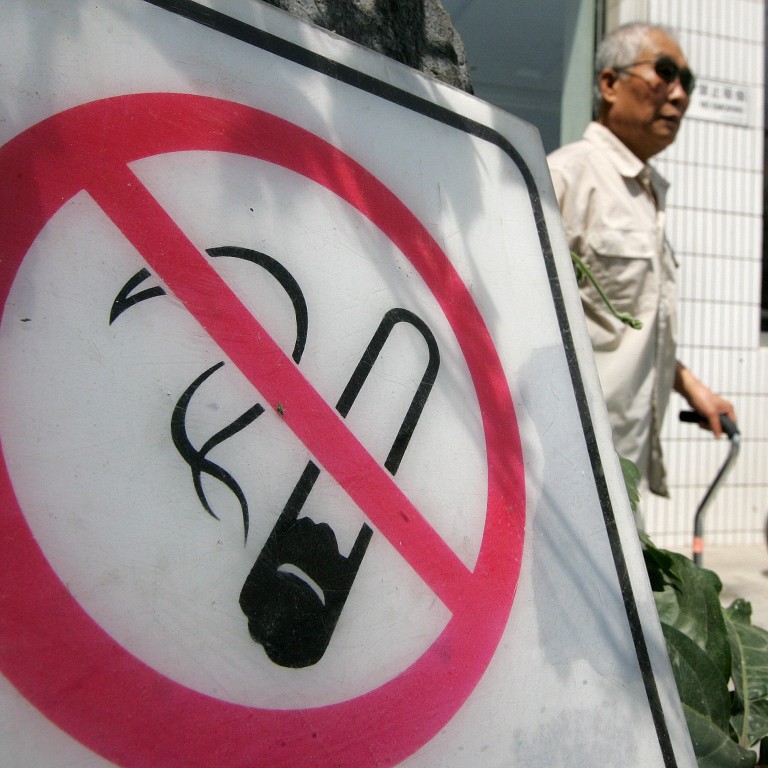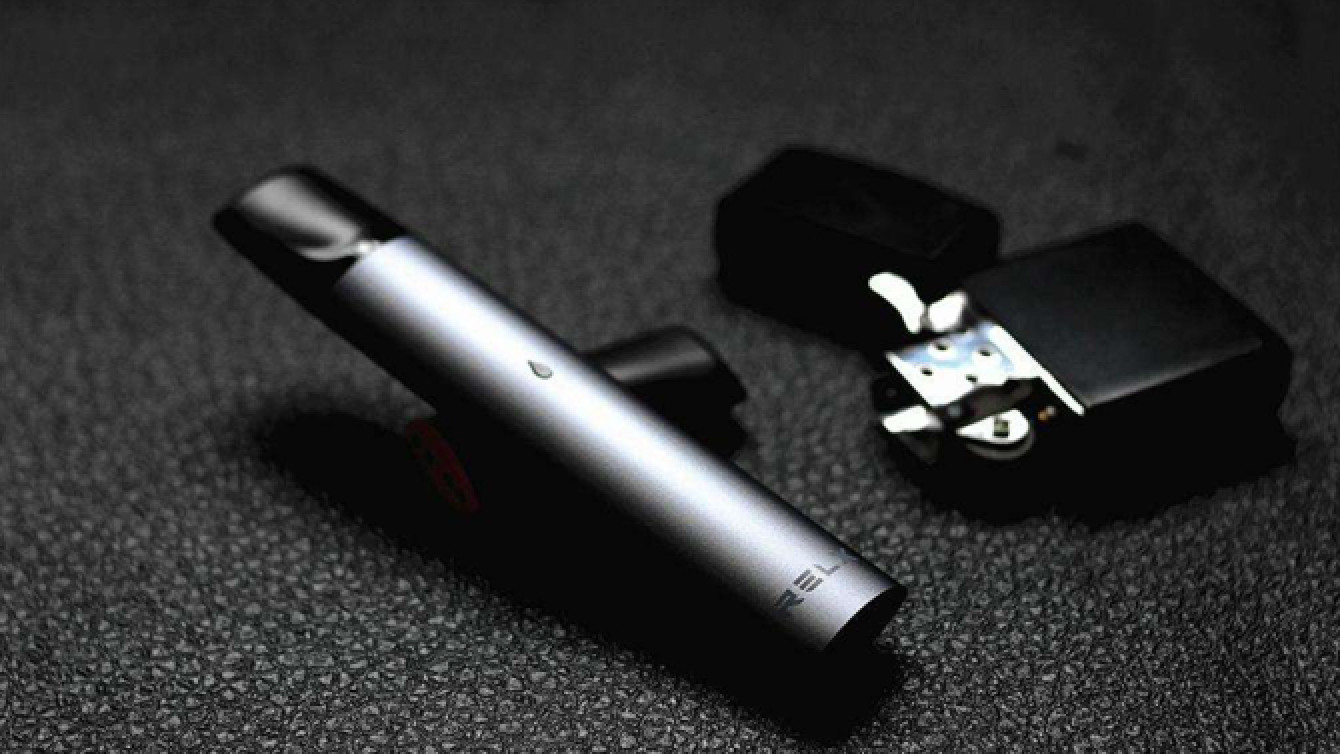
China’s tightening scrutiny on tobacco industry wipes off US$28 billion in market cap of top e-cigarette players Smoore, RLX
- Smoore plunged 27.1 per cent in Hong Kong on Tuesday, after Beijing said rules on sales of e-cigarettes and ordinary tobacco products would be standardised
- RLX Technology sank 47.8 per cent overnight on the New York Stock Exchange, erasing US$2.6 billion from the net worth of its founder
China has sent another warning shot to investors that its regulatory scrutiny on markets is hardening, after a draft guidelines on monopoly law in the tobacco industry triggered over US$28 sell-off in its two of its biggest e-cigarette players.
Smoore International Holdings, the world’s biggest maker of e-cigarettes, plunged 27.1 per cent to HK$48.1 in Hong Kong on Tuesday. RLX Technology, China’s largest e-cigarette brand, sank 47.8 per cent overnight on the New York Stock Exchange.
Smoore lost HK$106 billion (US$13.64 billion) in market cap, while RLX shed US$14.45 billion on the NYSE on Monday.
New categories of cigarette products such as e-cigarettes will now be regulated like ordinary tobacco products, according to draft regulations posted by the Ministry of Industry and Information Technology on its website after the market close on Monday. Authorities are seeking public comments on the draft regulations until April 22.

The regulations are aimed at enhancing the laws to protect teenagers and learn from e-cigarette related policies of other nations, the statement said. Beijing is also targeting other issues plaguing the industry, such as quality and safety problems and fake advertisements, to protect consumers, it added.
The move shows China is unrelenting in trying to police market behaviours, after a clampdown on Internet platform operators like Ant Group, Alibaba Group Holding and Tencent Holdings from late last year contributed to a sell-off in Chinese tech stocks.
On the mainland, ordinary cigarette related stocks surged. Cigarette packaging provider Letong Chemical and cigarette printing and filter maker Shaanxi Jinye Sci Tech & Education surged by the daily cap of 10 per cent.
Gary Ching, Hong Kong-based chief analyst for macroeconomic and strategy at Guosen Securities, said he was surprised by the proposed change to the regulations.
“We didn’t think it would change so much; it’s negative for related listed companies as well as the whole supply chain of e-cigarettes,” Ching said. “The valuation of these companies needs to be re-evaluated. The declines have just started and it is likely to continue to deepen.”
With around 300 million smokers, China is considered the world’s largest market for tobacco products. Some 90 per cent of e-cigarettes made in China are exported, according to Smoore’s listing prospectus.
Shenzhen-listed Smoore has seen a surge in profits as an increasing number of smokers switch to vaping. Its unaudited profit jumped 32.6 per cent to 1 billion yuan (US$154 million) in the quarter ended September 30, although in the first nine months profit dropped 34.6 per cent due to losses on fair value changes in its financial instruments.
Global e-cigarette sales are projected to see compound annual growth of 25 per cent between 2020 and 2024, compared to 5.2 per cent for traditional cigarettes, according to Frost & Sullivan, a firm Smoore hired to help prepare market research for its listing prospectus.
That would take the market share of e-cigarettes to 9.3 per cent from 4.2 per cent in the five-year period.


